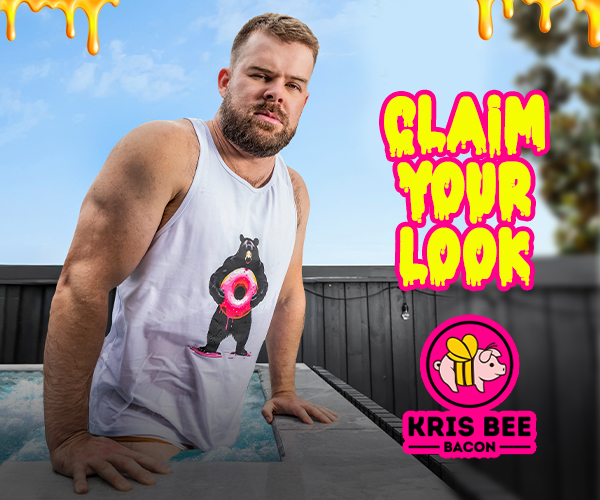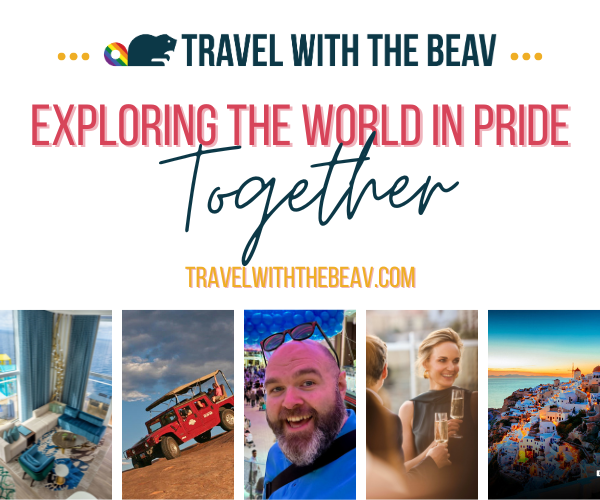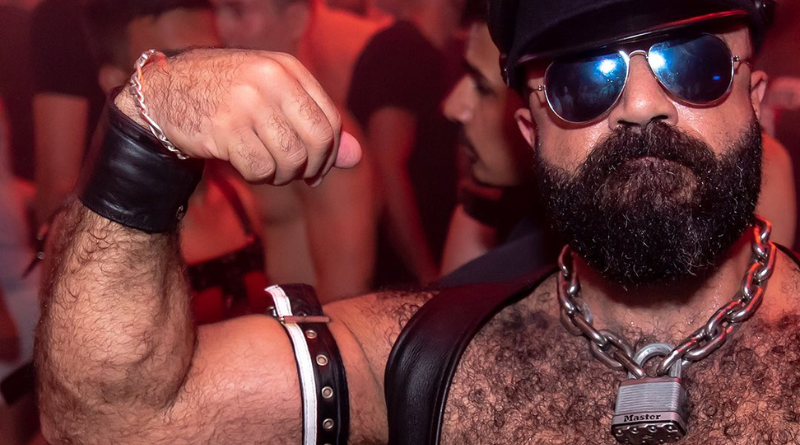
Bear Tracks: XXL Club London
If you’ve even been to London you have no doubt heard of the legendary XXL. It was the largest bear venue in Great Britain and the world. It was London’s longest running disco. XXL also had a “dark room” (equivalent to the “backroom bars” in the US), which made it vulnerable to police raids and shutdowns. It was a “men’s only” space, which made it controversial in the larger queer community.
Seeing a need for diversity in the London gay club scene of that time, Mark Ames founded XXL in 2000. It was originally based at Arcadia and then moved to Pulse. Both venues were located near the Blackfriars tube station (at the edge of London Bridge, opposite the central City of London), in a vast space made up of five interconnecting rail arches, which lent a gritty feel to the venue. Ensuing gentrification by developers, who have turned it into luxury apartments and a shopping mall, forced the gay clubs to shut down. Pink News reported that local councillors “secured a new LGBT+ space, where queers could ‘socialize,’ with aims to open by 2022.”

Mark came out at the age of 21 in the 1980s, in the days of Maggie Thatcher, AIDS, and the notorious Section 28 law, which prohibited the “promotion” of homosexuality by local authorities. His journey into the gay subculture was not atypical for gay bears. He is a working-class Londoner. The gay scene at that time was centered in the West End, which he found to be “very frivolous, quite glitzy.” (Little Compton Street, a center of gay life today, is located here.) He describes it as a mix of “twinks and older” men, who all mixed back then (which he describes as “a really good mix and a healthy mix”), which soon changed due to the emergence of what he calls “muscle Maries” and “disco dolls.”
Mark recounts the story of how a whole group of guys once came to XXL, a group of big beefy muscle bears. They told him, “We’re not going to pay. We want to come in on the guest list because we’re A-list bears.” Mark stopped them at the door. “If you think there’s an A-list of us–could be. [But] we’re like universally equal, mate.” One of them asked, “what would you consider us then?” “Oh, you’re an effortless muscle Mary, mate” was Mark’s cheeky reply. Their faces dropped.
Shocked at being called a “twink,” Mark reports he soon discovered the leather scene, which also came as a shock to him. He discovered London had loads of little subsections. One night he went to a club called Night Moves, having no idea it was a gay West Indian night. When he walked in, he was the only white man there and everyone stopped and stared at him. He reports that this was the first time he realized what discrimination was like. This was the beginning of his very public education about racial prejudice.
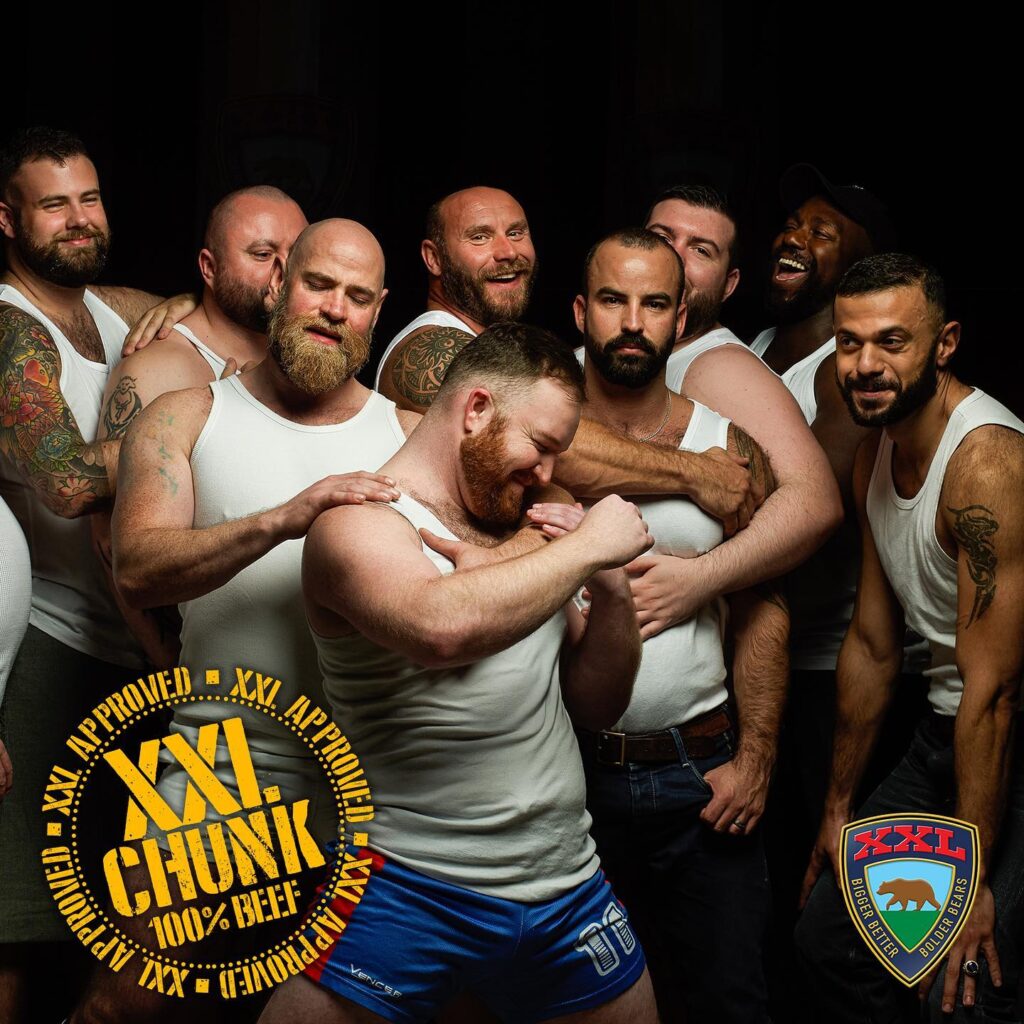
Bulk was the precursor to the XXL Club. London lagged behind America, including with bear identity. Mark discovered his ideal type at a leather night. He laid eyes on a big guy, very tall, bearded, with a bit of a belly, and clad in leather. What made this “classic bear” different for Mark was finding him “friendly as hell, with a lovely smile and a glint in his eye.” “I don’t think bears are like everyone else … for me, it’s about growing older and being comfortable in yourself and your image.” Mark’s introduction came through the King’s Arms (still a favorite pub in the bear community), which catered to an older clientele at the time. Among them, Stacey Whitney and his partner Tony Tumble started a group called the Bear Hug.
At this time Earls Court was the gay London neighborhood. It was home to the legendary (some say, infamous) gay leather pub the Coleherne. Founded in 1866, the Coleherne became gay in the 1950s. In the 1970s it was frequented by the likes of Freddie Mercury, Anthony Perkins, Ian McKellen, and Derek Jarman. (Armistead Maupin includes references to the Coleherne in Babycakes. I describe my adventures, including meeting the first man I ever fell in love with, that started at the Coleherne in my memoir Residence: A Polemical Memoir of AIDS, Bears, and F*kcing.) Mark describes “the loop” of that time, making the rounds of the Earls Court gay bars—the Coleherne, Bromptons, the Copa Cabana, and the Boltons (where I first heard Gerry Rafferty’s “Baker Street’ playing on the jukebox. To this day hearing “Baker Street” triggers many fond memories of the Coleherne.) Mark has worked with every gay club out there and done a lot of charity work. In 2003 XXL London created Bear Necessities, now called XXL London Bear Pride, a weekend-long celebration of everything “big, gay, and hairy,” with events happening across the country. A year later this turned into London Bear Pride. In 2006 it expanded to include the leather community. At the time of this writing discussion of plans to reopen XXL in another venue in London are underway, though there are currently iterations of it taking place in Manchester and Birmingham.
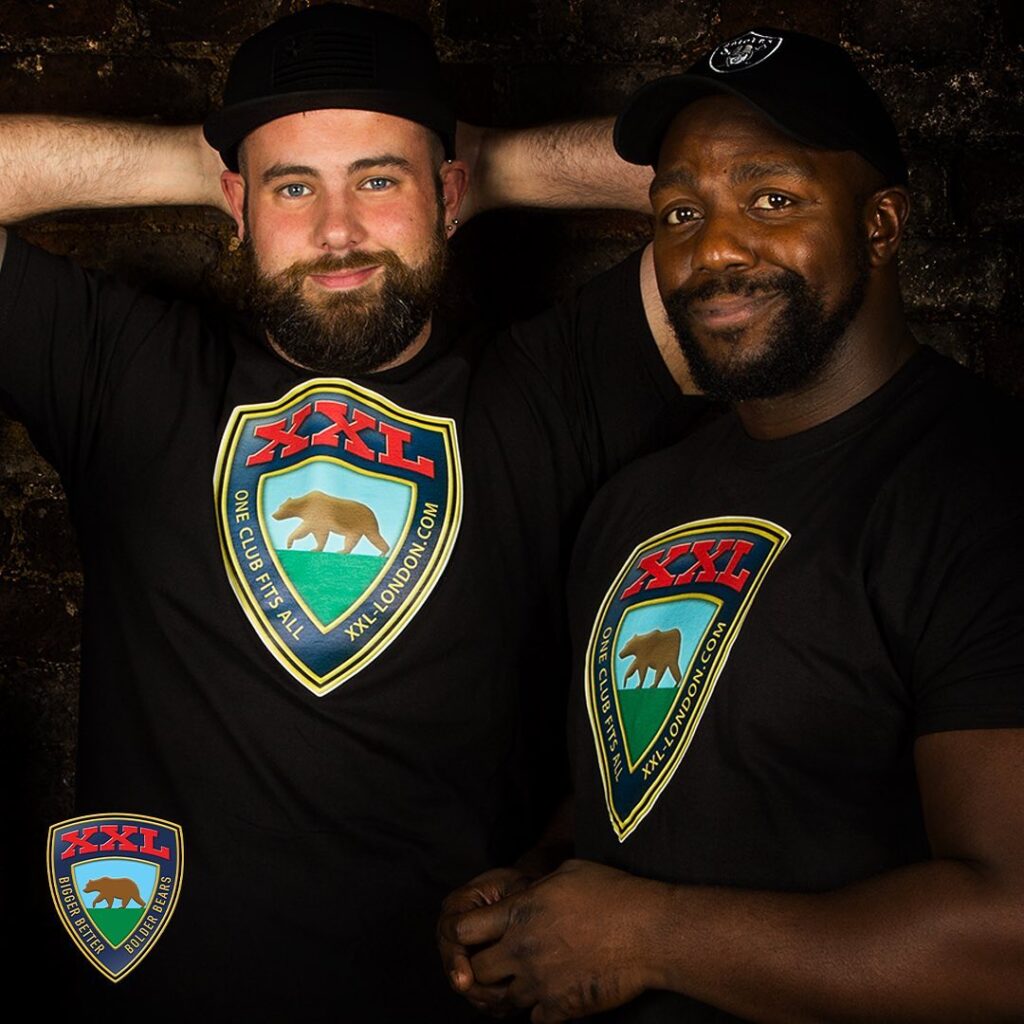
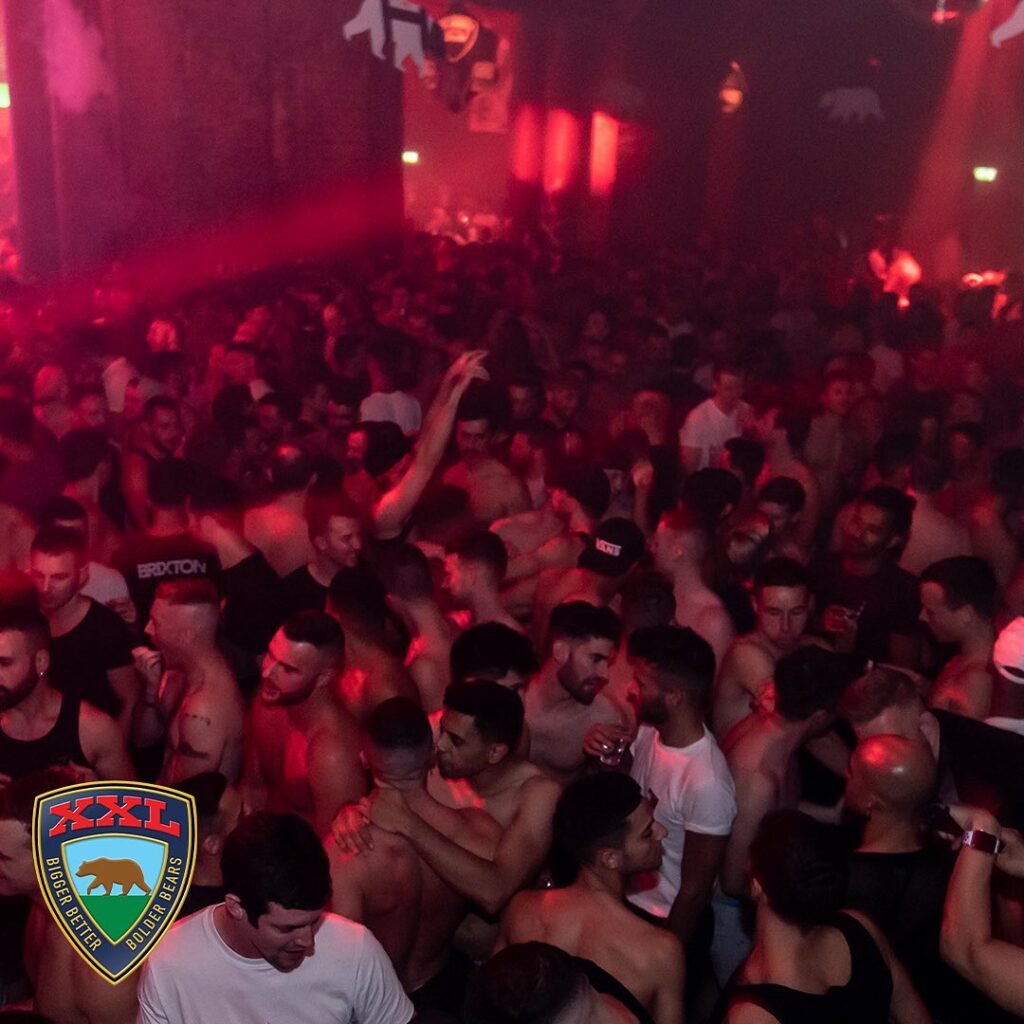
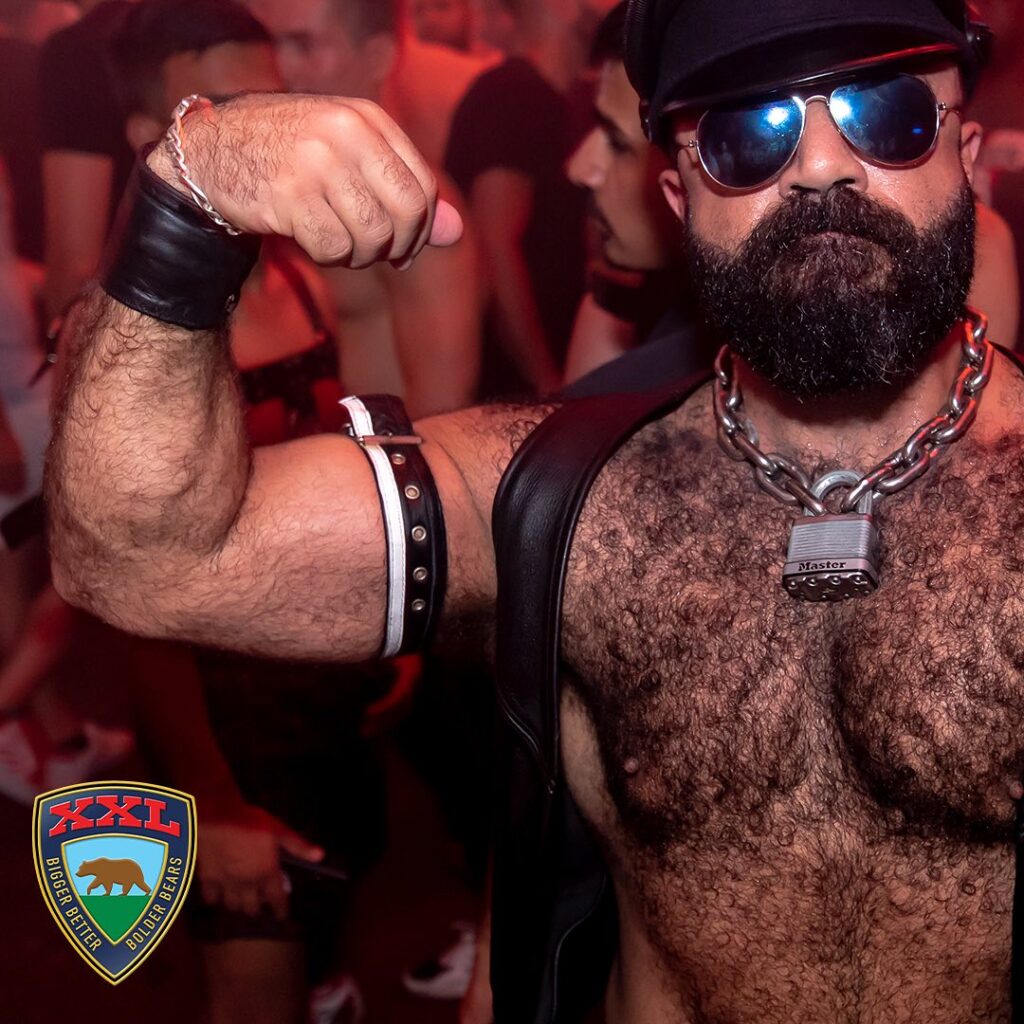
Help Les K Wright in his quest to document bear history by joining the Bear History Project International where you and a group of like-minded individuals can exchange ideas and help to preserve bear history and culture.

